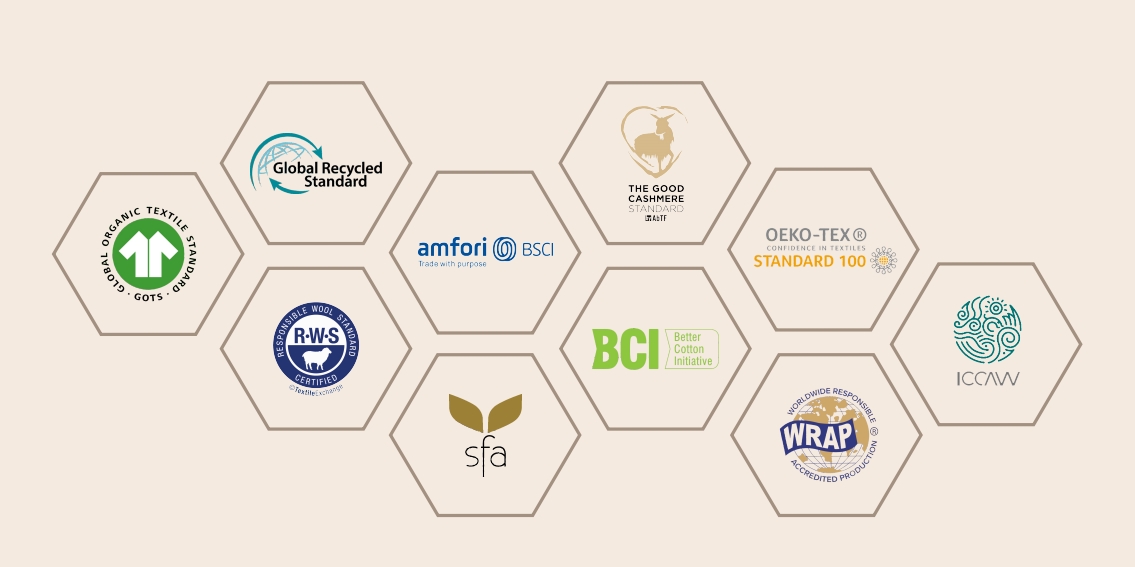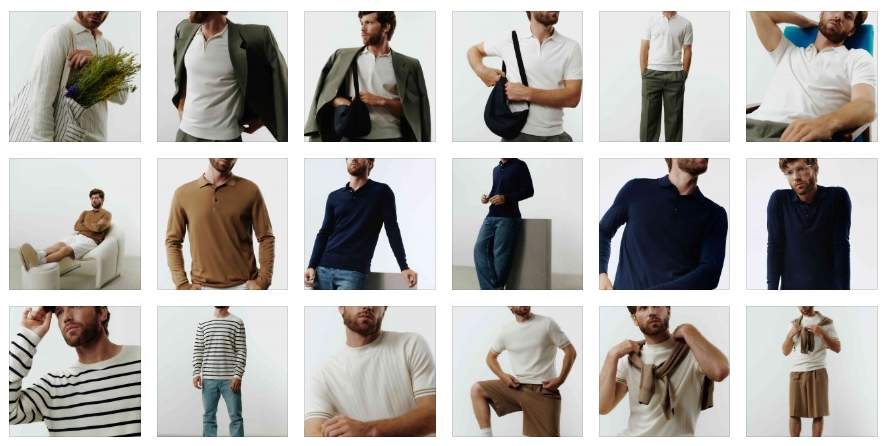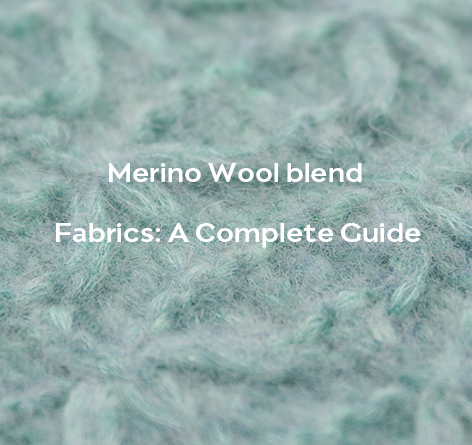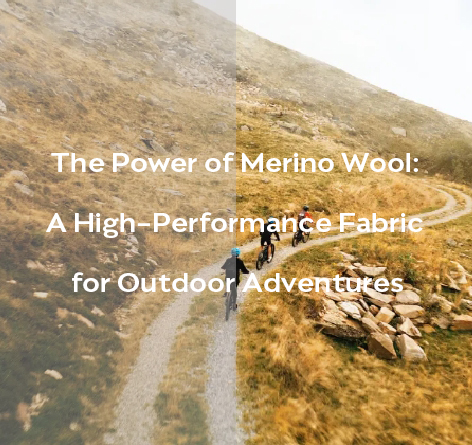In the expansive realm of fashion, sweaters not only serve the fundamental purpose of warmth but also convey style, sophistication, and personality. Particularly for start-up brands, the quest to source high-quality wool sweaters represents not just a pursuit of product excellence, but a foundational step in cultivating a brand identity that resonates with discerning customers. This guide embarks on a detailed journey through the nuances of wool sweater wholesale, offering strategic insights to help your start-up navigate this vital aspect of the fashion industry.
Understanding Sweater Wholesale
The Economic Logic of Bulk Purchases: Embracing bulk purchases of wool sweaters, even in relatively small quantities, positions start-up brands to leverage economies of scale effectively. This procurement strategy significantly reduces the cost per unit, presenting an attractive economic equation that favors both competitive pricing and enhanced profitability margins. However, the keyword here is “manageable quantities.” Start-ups, characterized by their limited resources and need for operational flexibility, must judiciously determine their bulk purchase volumes to avoid overextension and align with demand forecasts accurately.
Minimal Customizationis A Pragmatic Approach. While customization offers a path to a unique brand identity, deep customization initiatives necessitate substantial investment and carry higher risk, especially for start-ups. Instead, a tactic embracing minimal, light customization—such as bespoke branding elements on wholesale sweater products—allows start-ups to imprint their identity on products without the extensive costs associated with full-scale customization. This approach ensures brand differentiation is maintained while safeguarding financial and operational viability.
One of the compelling arguments for focusing on small-scale wholesale procurement over customization lies in the principle of financial viability and risk mitigation. Extensive customization, especially in the initial stages of a brand’s lifecycle, can lead to significant upfront costs and increased inventory risk, as each customized product variant potentially represents a more niche market appeal, thereby reducing sales velocity and increasing holding costs.
The fashion industry is characterized by rapid trend cycles and evolving consumer preferences. Small-scale wholesaling, as opposed to deep customization, provides brands with the agility to quickly adapt to market changes. This approach enables start-ups to refresh their offerings with greater frequency and flexibility, responding to emerging trends and consumer demand patterns without the lead times typically associated with customized production.
Identifying High-Quality Wool for Sweaters

1. Exploring Wool Grades
The spectrum of wool grades available to fashion entrepreneurs is vast, with Merino wool and cashmere being particularly prominent. Merino wool, revered for its softness, breathability, and durability, is an excellent choice for daily wear products. Cashmere, offering an unrivaled texture of luxury and warmth, caters to a more premium market segment. Each wool grade carries its unique set of characteristics and appropriate uses, understanding which is key to sourcing material that aligns with your brand’s positioning.
2. Markers of Quality
A sweater’s quality is determined by the wool’s fiber strength, length, fineness, and color uniformity. Sweaters crafted from strong, long, and fine fibers are more durable, comfortable, and visually appealing. They stand the test of time, reinforcing your brand’s reputation for quality.
3. The Ethical Dimension
Increasingly, consumers are gravitating towards brands with a conscience. Ethical and sustainable sourcing practices are not merely a moral obligation but a strategic brand positioning tool. Transparency in wool procurement processes, coupled with a commitment to environmental stewardship and fair labor practices, elevates brand perception and appeals to a broad, eco-conscious market segment. Further exploring these dimensions can be immensely beneficial, as resources like [HD Merino’s guide on sourcing wool] illustrate.
Choosing the Right Wool Sweater Wholesaler
1. Vetting Wholesalers
Selecting the right wholesaler is a critical decision that influences your product quality and supply chain reliability. Evaluate potential wholesalers on metrics of product consistency, ethical standards, and the transparency of their sourcing and production practices. Seek out testimonials and reviews from their current or past clients to gauge reliability.
2. Mastering Negotiations
Negotiating with suppliers extends beyond the price per unit to encompass terms of payment, minimum order quantities (MOQ), and delivery schedules. Effective negotiation involves transparent communication and a genuine understanding of mutual business needs, aiming for agreements that foster long-term partnerships.
Logistics and Cost Management
1. Streamlining Logistics
Effective management of the logistics involved in sweater procurement, including understanding and optimizing transportation costs, is essential for operational efficiency. Assess different shipping options, anticipate potential delays, and formulate strategies to mitigate these risks, ensuring that you maintain a steady supply without incurring unnecessary costs.
2. Budgeting for Wholesale Procurement
A comprehensive approach to budgeting for the wholesale purchase of wool sweaters is vital. Accurately forecasting all potential costs, including product, shipping, customs, and unexpected expenses, ensures that the procurement process strengthens rather than strains your financial standing. This meticulous financial planning is the backbone of a scalable, profitable operation.
Legal and Compliance Considerations
1. Navigational Legal Tides
The importation of wool sweaters is entangled with various legal considerations, including customs regulations, tariffs, and taxes. A thorough understanding of these aspects is crucial to avoid legal pitfalls. Stay informed about the laws and regulations governing imports in your target markets to ensure a smooth, uninterrupted flow of goods.
2. Certification’s Role

Certifications like OEKO-TEX and Woolmark serve as badges of quality and safety, providing a tangible assurance that can significantly bolster customer trust. These certifications validate your commitment to product excellence and can be a potent tool in your marketing arsenal, differentiating your brand in a crowded marketplace.
Frequently Asked Questions
1. Why should I consider sourcing wool sweaters in bulk?
Bulk procurement offers economies of scale, turning the cost advantage in your favor. It ensures you have ample stock to satisfy customer demand, especially during peak seasons, without the pressing need for continuous restocking.
2. How can I ensure the wool sweaters I procure are of high quality?
Focus on understanding and evaluating wool grades, and fiber characteristics, and seek suppliers with robust ethical practices. Request samples prior to large orders to personally assess quality.
3. Is deep customization necessary for my start-up brand?
While customization aids in brand differentiation, early-stage start-ups may benefit more from light customization strategies. This allows for brand uniqueness without the extensive costs associated with highly customized production runs.
4. What strategies can I employ in negotiating with suppliers?
Build strong, transparent relationships with your suppliers. Understand their capabilities and constraints, and aim for negotiations that vista towards mutual benefits. Flexible payment terms, realistic MOQs, and clear communication are keystones to successful supplier negotiations.
In the briefing, the journey of mastering wool sweater wholesale is intricate, blending considerations of quality, ethics, logistics, legal compliance, and cost management. By approaching this journey with strategic foresight, in-depth research, and a commitment to ethical sourcing, your start-up can not only navigate the complexities at hand but thrive, establishing a brand that resonates with values, quality, and style. This guide serves as your compass in the complex yet rewarding venture of wool sweater wholesale, paving the way for a successful and sustainable future for your fashion brand.





